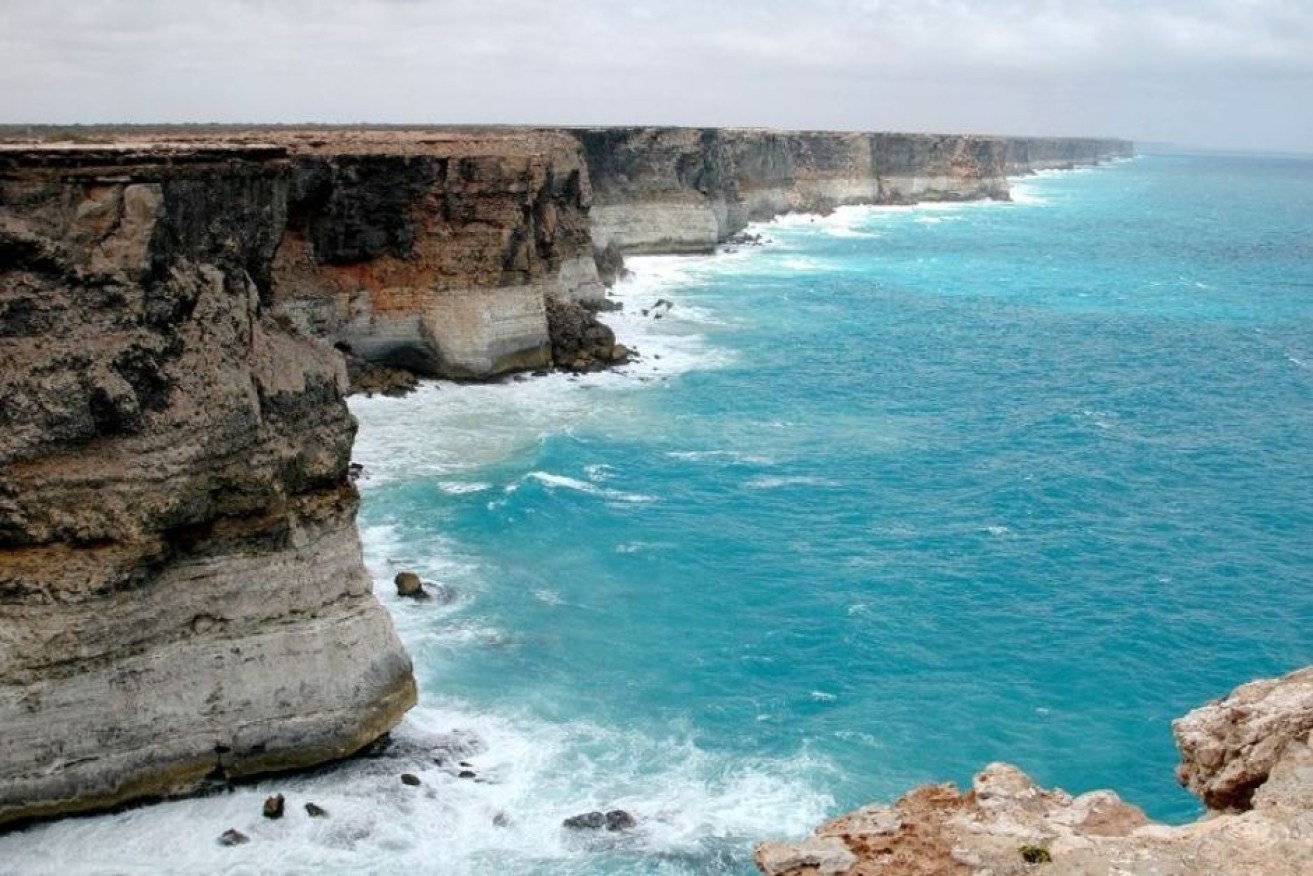Green groups horrified as Great Australian Bight seismic testing gets go ahead

Equinor is the third company to plan to drill in the Great Australian Bight, and then abandon the idea. Photo: ABC
Oil and gas testing is set to take place in the Great Australian Bight this year, after the national petroleum regulator granted permission to exploration company PGS.
Environmental groups have slammed the decision to allow seismic testing near Kangaroo Island and Port Lincoln, while the tuna industry has questioned whether it is even likely to go ahead.
Seismic testing involves firing soundwaves into the ocean floor to detect the presence of oil or gas reserves.
For oil companies, it is the first step to learning more about oil and gas resources beneath the ocean floor, and how they could be developed.
The National Offshore Petroleum Safety and Environmental Management Authority (NOPSEMA) granted permission for the testing to be done over a 30,100-square-kilometre area, located 80 kilometres from Port Lincoln and 90 kilometres west of Kangaroo Island.
The testing is set to take place between September and November.
The fishing industry has long had reservations about the impact seismic testing would have on the local tuna industry.
PGS has been ordered not to interfere with or displace pygmy blue whales, southern bluefin tuna, and southern right whales.
Southern Bluefin Tuna Industry Association spokesman Brian Jeffriess questioned if PGS would actually go ahead with the work, despite getting the green light.
“It’s been approved but with such strict conditions on sightings for example of blue whales, of disruption to the pattern of southern bluefin migration,” Mr Jeffriess said.
“It’s impossible to see how it can proceed, economically.”
‘Totally unacceptable’: environmental groups
The Wilderness Society has slammed the permit, saying the practice can deafen whales and even kill smaller marine animals.
“It’s obvious that blasting massive amounts of noise constantly for months on end through a water column in a space where animals communicate and navigate and live by sound and sonar, it is obvious that this is going to have a terrible impact on those animals,” the environmental group’s Peter Owen said.
“I fail to see how you can actually approve this type of seismic activity in the middle of one of the most significant whale nurseries in the world.
“It’s totally unacceptable.”
The Greens say the seismic testing is the first step to drilling in the Great Australian Bight.
“Why on Earth would we be wanting to sink oil wells in the Great Australian Bight, put our marine life and beaches at risk and make climate change worse,” senator Sarah Hanson-Young said.
We’ve got to be getting out of fossil fuels and transitioning to a clean, green economy.”
There has been little research into the impact of seismic testing in Australia, but Western Australian researchers have found noise from seismic air guns significantly increased mortality in scallops.
Fossil fuels needed for decades: petroleum industry
Australian Petroleum Production and Exploration Association spokesman Matthew Doman maintained testing is sustainable.
“We have a very long track record of conducting seismic in Australian waters without impact on the marine environment,” he said.
“Our energy mix is changing, the role of renewable energy is increasing … our industry is very much a supporter of that.
“But we will use a lot of oil and a lot of gas for decades to come.”
He said there had not been any wells drilled in the bight in the past 15 years.








